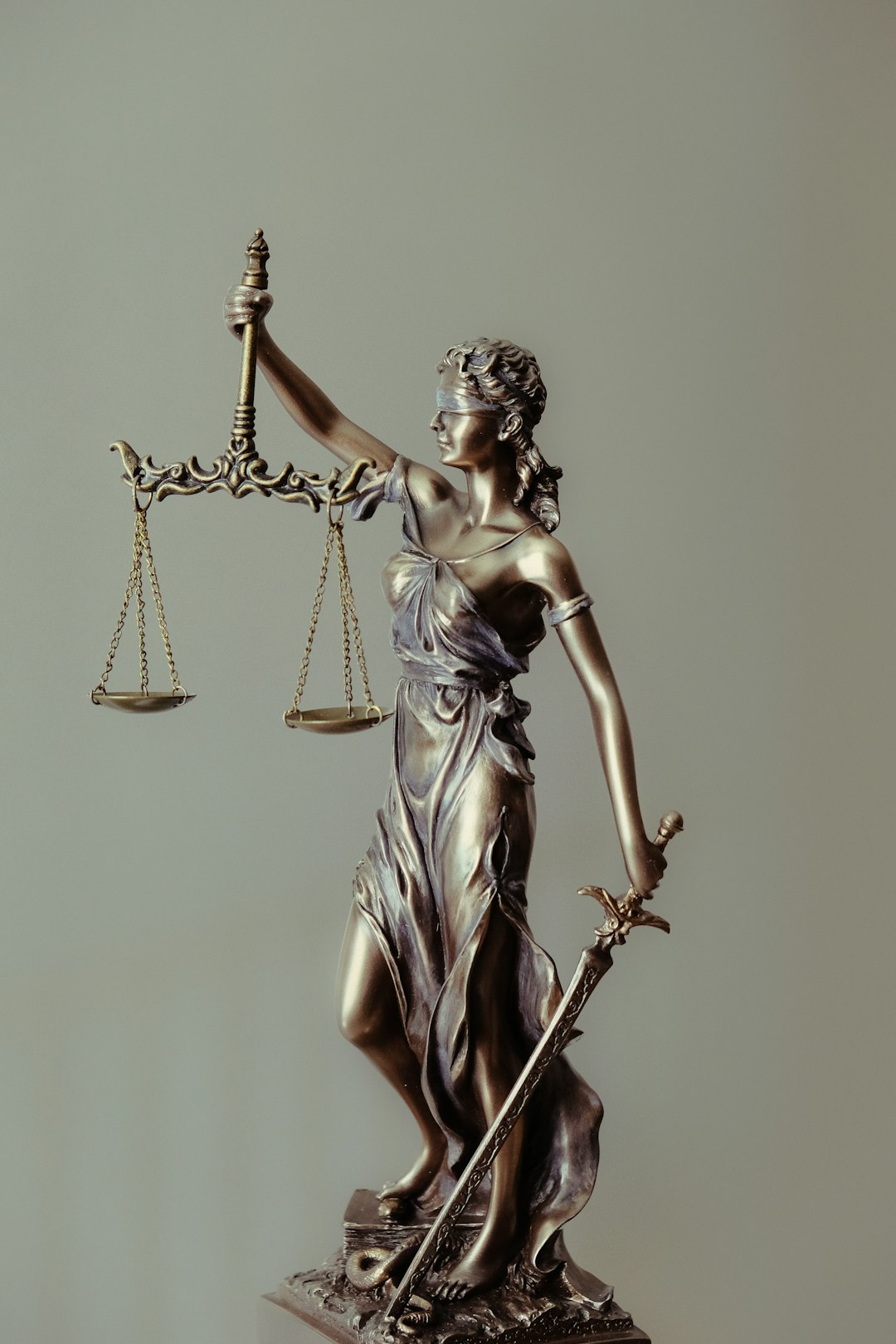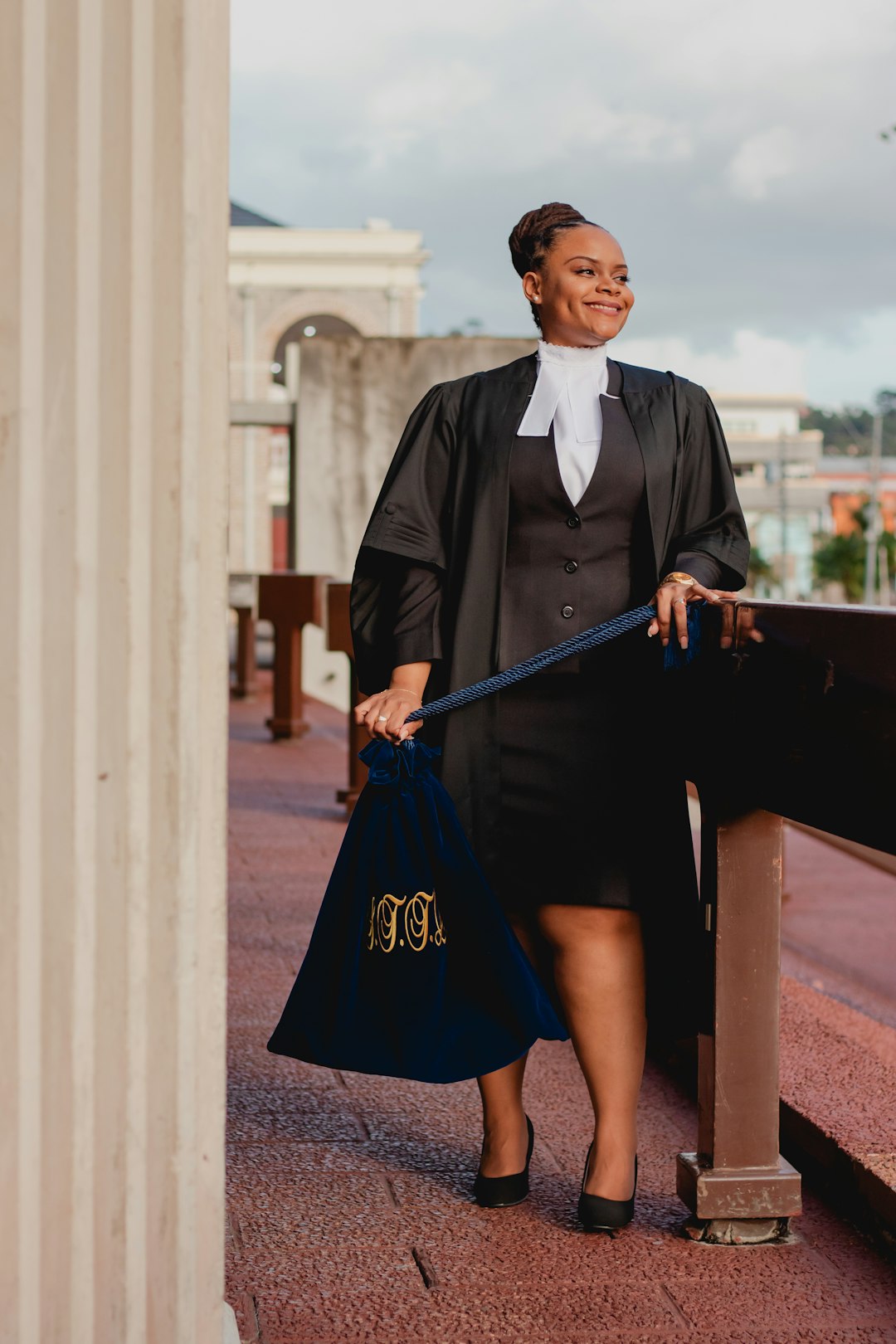Rhode Island churches are grappling with a surge in historical sexual abuse allegations, prompting a push for reform and transparency. In response, many houses of worship are overhauling policies, training, and support systems. This trend highlights the growing need for specialized sexual abuse lawyers in Rhode Island to guide institutions through legal obligations regarding child protection. By collaborating with these attorneys, churches can implement effective prevention strategies, conduct thorough investigations, and offer appropriate victim support while mitigating potential legal repercussions.
In recent years, Rhode Island churches have faced increasing scrutiny over sexual abuse allegations, prompting a critical examination of their handling of such sensitive issues. As the state’s legal landscape evolves with stricter guidelines and increased awareness, understanding how religious institutions are responding is vital. This article explores the rise of these accusations, delves into the legal implications, and highlights effective healing and prevention strategies employed by church leadership, emphasizing the crucial role of a sexual abuse lawyer in Rhode Island.
The Rise of Sexual Abuse Allegations in Rhode Island Churches
In recent years, Rhode Island has witnessed a significant surge in sexual abuse allegations within its religious institutions, particularly within the state’s churches. This growing concern has prompted many to seek justice and accountability, leading to an increased demand for sexual abuse lawyers in Rhode Island. The nature of these accusations spans decades, with victims coming forward to share their traumatic experiences, including cases involving clergy members and high-ranking church officials.
The scale of the issue has sparked a movement for reform and transparency within the religious community. Many churches in Rhode Island are now taking proactive steps to address this crisis by implementing stricter policies, enhancing training programs for staff and volunteers, and establishing support systems for survivors. This shift towards accountability is a response to the growing awareness of the prevalence of sexual abuse within closed communities like churches, underscoring the need for legal representation and advocacy for victims seeking justice.
Legal Implications and the Role of a Sexual Abuse Lawyer in Rhode Island
When addressing sexual abuse allegations, churches in Rhode Island face significant legal implications. With strict laws and stringent regulations regarding child protection, religious institutions must ensure they have robust policies and procedures in place to prevent, detect, and respond to such incidents. Failure to do so can result in severe consequences, including civil lawsuits and criminal charges.
In such cases, the role of a sexual abuse lawyer in Rhode Island becomes pivotal. These legal professionals specialize in handling sensitive matters related to sexual misconduct and possess deep knowledge of the state’s laws and regulations. They guide churches through investigations, support victims’ rights, and represent the institution in court if needed. A skilled sexual abuse lawyer can help churches navigate complex legal landscapes, ensuring they comply with all necessary procedures while protecting their organizational integrity.
Healing and Prevention Strategies Employed by Rhode Island Church Leadership
In response to sexual abuse allegations, churches in Rhode Island have implemented comprehensive healing and prevention strategies. Many parishes are working closely with local legal experts, including experienced sexual abuse lawyers in Rhode Island, to ensure proper handling of cases while prioritizing victim support. This includes establishing clear policies for reporting and investigating incidents, providing training on recognizing signs of abuse, and implementing robust background check systems for all volunteers and staff.
Church leadership is also fostering a culture of openness and accountability by encouraging open dialogue about the issue within their communities. Support groups and counseling services are made accessible to victims and survivors, while educational programs aim to raise awareness among congregants about the importance of recognizing and preventing potential instances of sexual abuse. These proactive measures reflect a commitment to not only addressing past issues but also safeguarding vulnerable individuals in the future, with the support of legal professionals who specialize in handling such sensitive cases.






